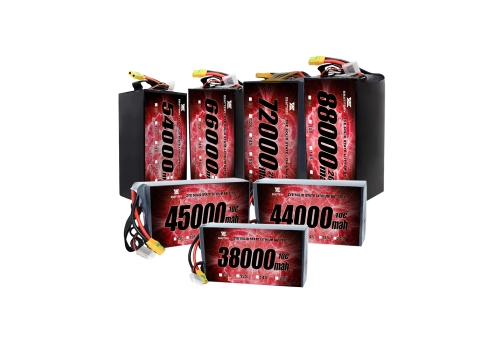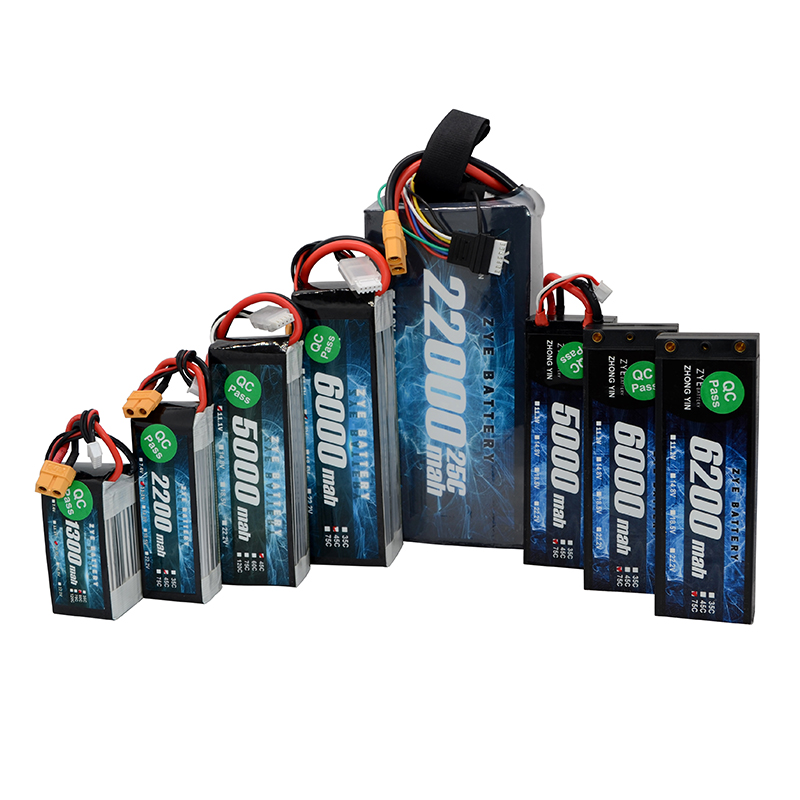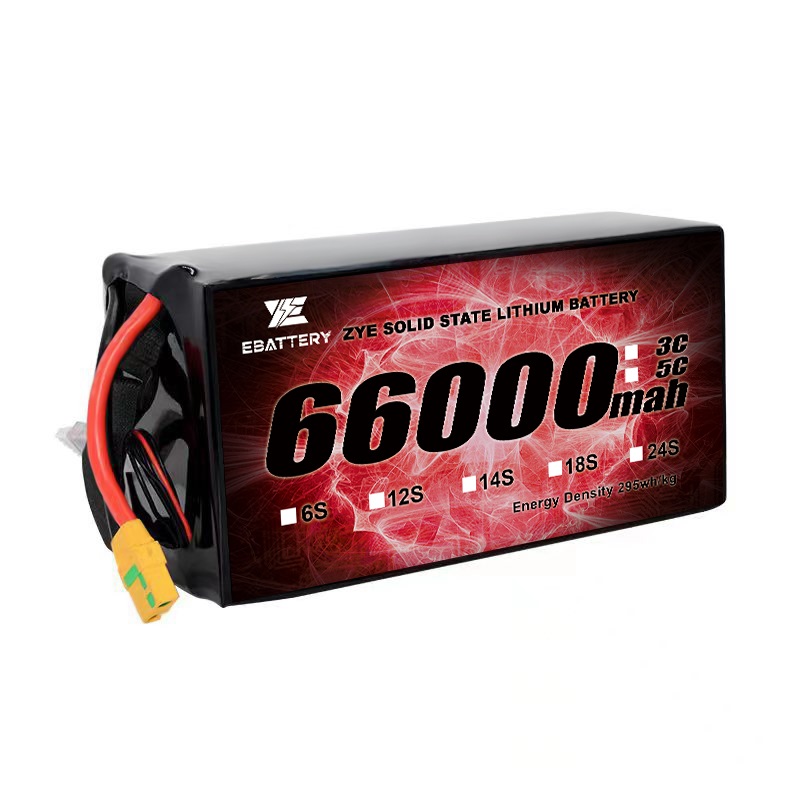Why Solid-State Batteries Matter for Drones?
2025-11-03
1. Explore how solid-state batteries enhance drone performance, enabling longer flight times, higher safety, and achieving real-world deployment milestones.
Solid-state batteries are emerging as a game-changing technology for fixed-wing aircraft and drones, offering significant advantages over traditional lithium-ion batteries in energy density, safety, and lifespan. These characteristics are crucial for aviation applications—weight reduction, extended endurance, and thermal stability directly improve performance, range, and commercial viability. As the aviation industry accelerates its electrification drive, solid-state technology is increasingly becoming a key enabler for next-generation air mobility.
Two critical technological breakthroughs mark major progress in solid-state battery applications for drones:
High-performance solid-state lithium batteries achieve 480 Wh/kg energy density with exceptional stability.
Compared to traditional liquid lithium batteries, solid-state batteries offer higher energy density, enhanced thermal stability, reduced flammability, a wider operating temperature range, optimized storage stability, and outstanding maintenance-free characteristics.
2. Advantages of Solid-State Batteries
The core distinction between solid-state batteries and traditional lithium-ion batteries lies in the replacement of liquid electrolytes with solid-state electrolytes. This fundamental difference delivers multiple key advantages:
Higher Energy Density: Solid-state batteries store more energy within the same volume, extending drone flight times and operational ranges. For instance, in logistics delivery, this enables drones to cover broader delivery areas or carry heavier packages. During surveillance missions, longer endurance allows drones to continuously monitor target zones without frequent return trips for recharging.
Enhanced Safety: Solid-state electrolytes are non-flammable, significantly reducing the fire and explosion risks associated with liquid electrolytes. This feature is particularly critical for drones operating in sensitive environments like near critical infrastructure or in densely populated areas, where battery safety is paramount.
Longer Lifespan: Solid-state batteries can withstand far more charge-discharge cycles than traditional batteries, extending their operational life and reducing the need for frequent replacements. This significantly lowers costs for drone operators, especially in commercial sectors where drones see widespread deployment.
Faster Charging: Enhanced conductivity and the absence of dendrite formation enable faster charging. This reduced downtime is vital for time-sensitive missions like emergency response or aerial photography.
Improved Extreme Temperature Performance: Solid-state batteries operate efficiently across a broader temperature range, making them suitable for drones deployed in harsh environments. This is particularly vital for extreme climate applications like Arctic exploration or desert surveillance, where traditional batteries often struggle to perform optimally.
Environmental Advantages: Solid-state batteries boast a lower carbon footprint than lithium-ion batteries and reduce reliance on critical minerals like cobalt—minerals often associated with environmental and social issues. This makes them a more sustainable choice for the drone industry, aligning with the growing focus on eco-friendly technologies.
Weight Reduction Potential: Solid-state batteries could eliminate the need for thermal management systems in drones, enabling weight reduction and enhanced efficiency. This weight savings further boosts flight performance and creates space for integrating additional sensors or equipment.
These advantages position solid-state batteries as a compelling alternative to traditional battery technology in the drone industry, with the potential to significantly enhance drone performance and application scenarios.
Multiple manufacturers have introduced solid-state batteries specifically engineered for drones. These batteries feature rapid charging capabilities, reaching 80% capacity from 10% in just 3 minutes. Their lifespan is also substantially extended, supporting 10,000 to 100,000 charge-discharge cycles at 25°C. These breakthroughs highlight the potential of solid-state batteries to overcome the limitations of existing drone battery technology, paving the way for their widespread adoption within the industry.
3. Future Prospects of Solid-State Batteries in the Drone Industry
Solid-state batteries hold promising prospects for the drone industry. As research and development continues, advancements in materials science and manufacturing technology are expected to resolve current challenges and reduce production costs.

























































